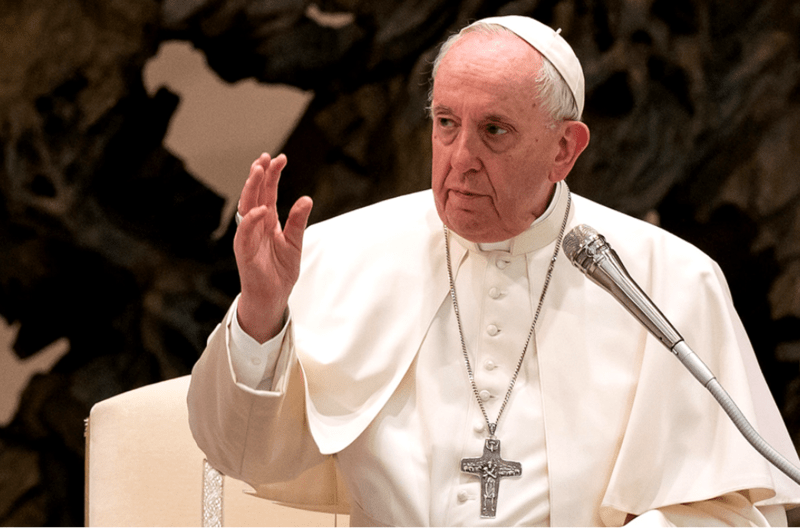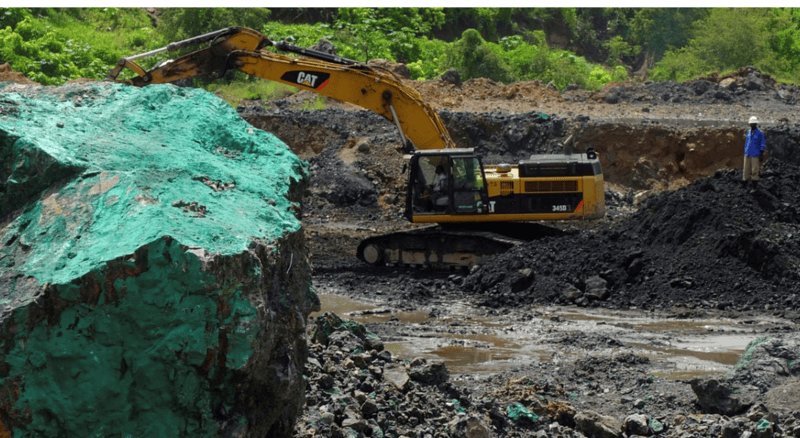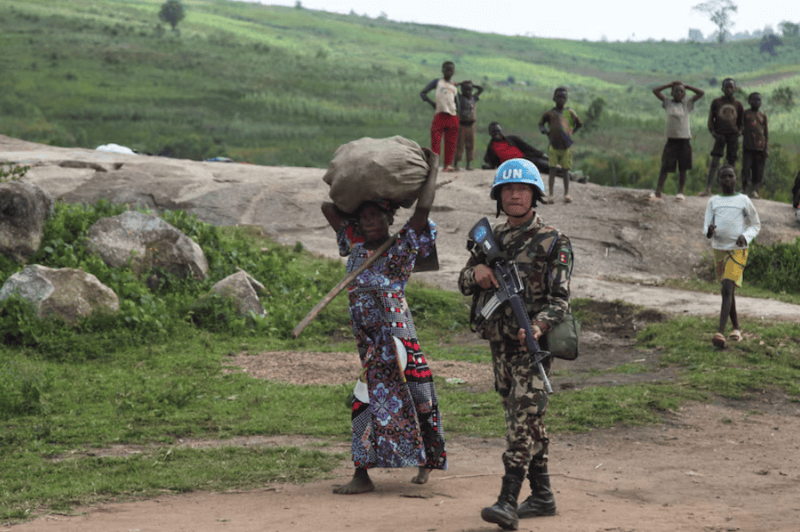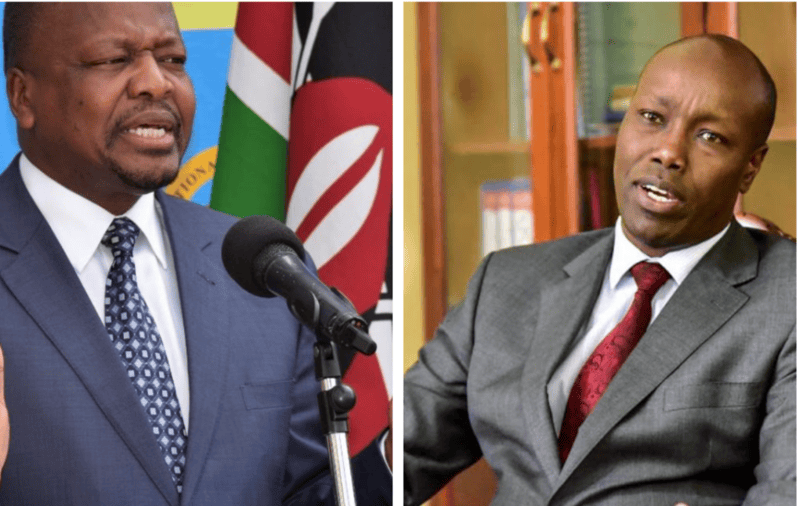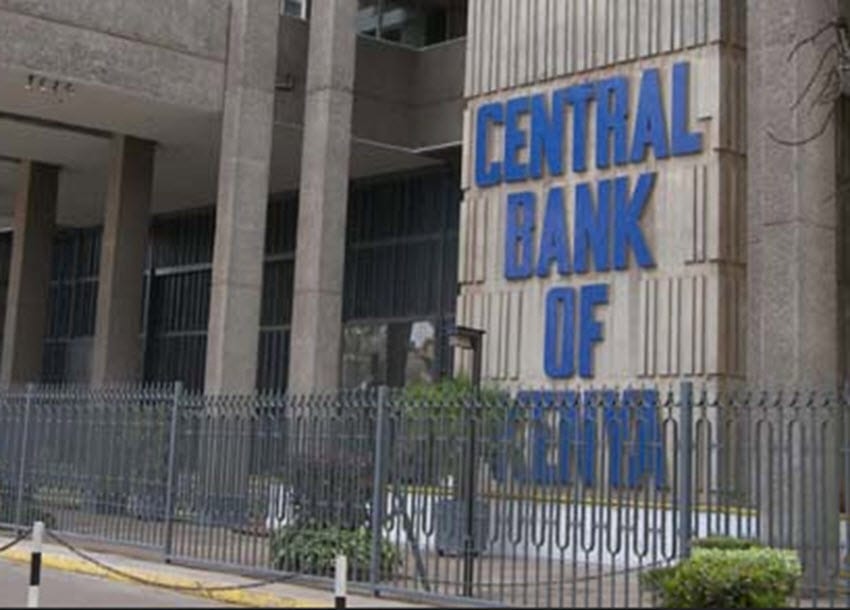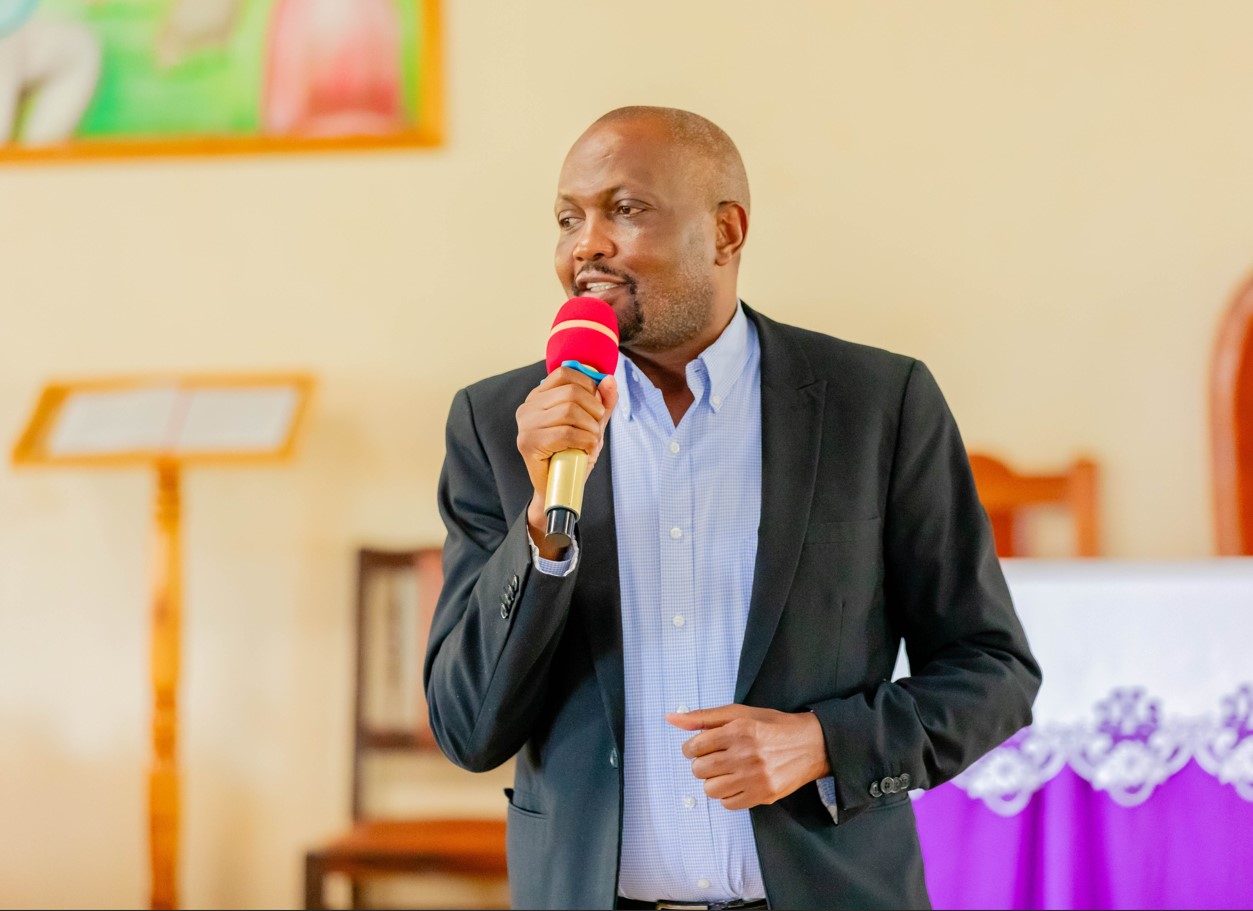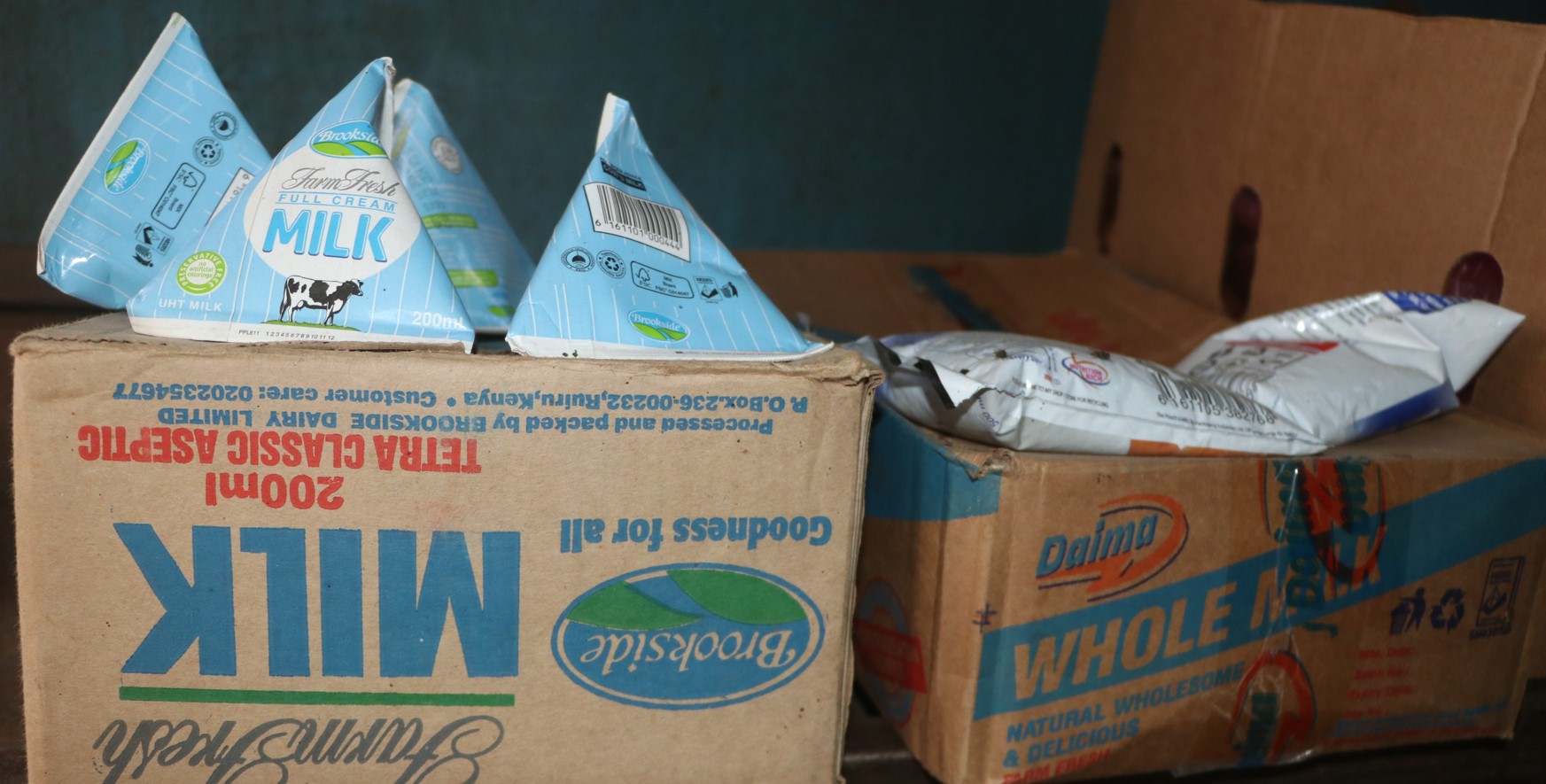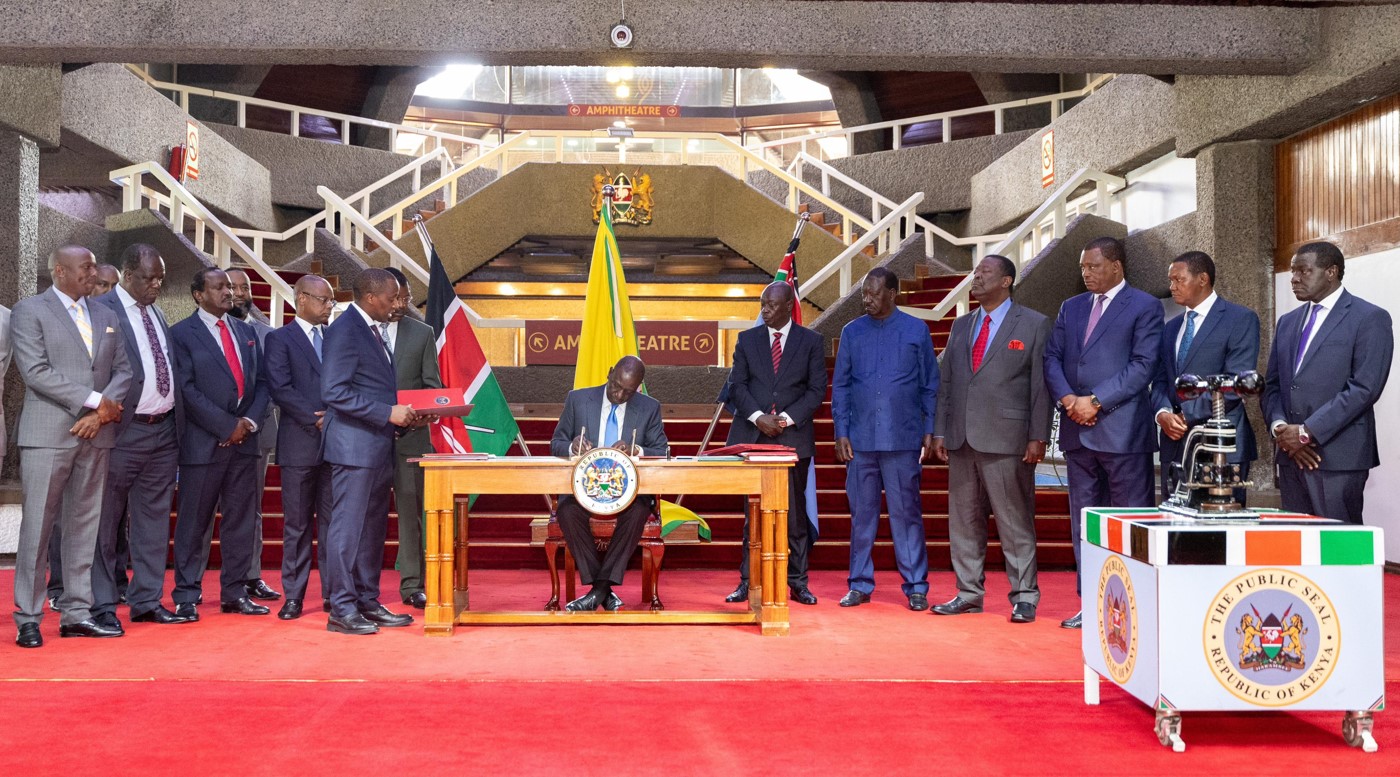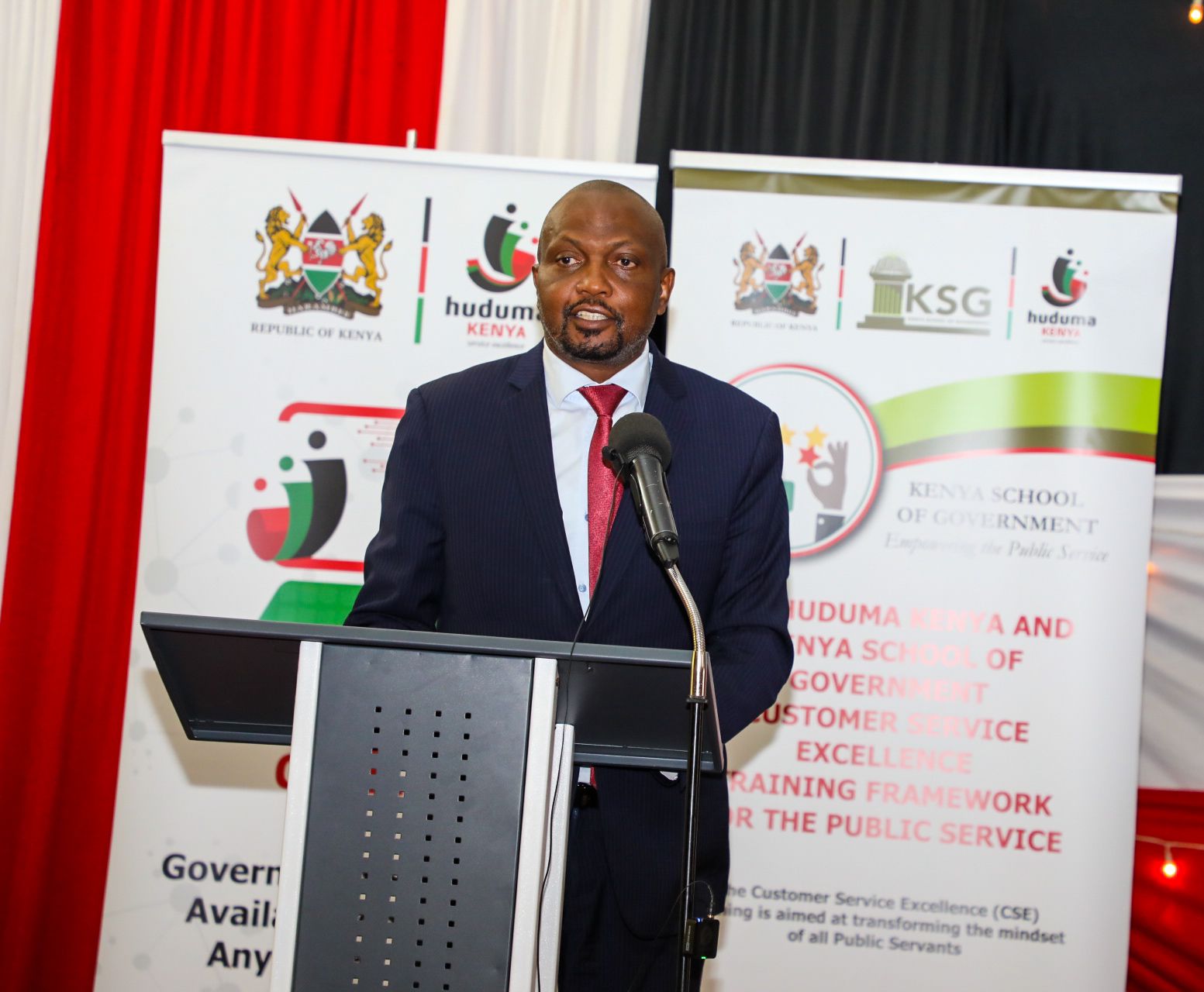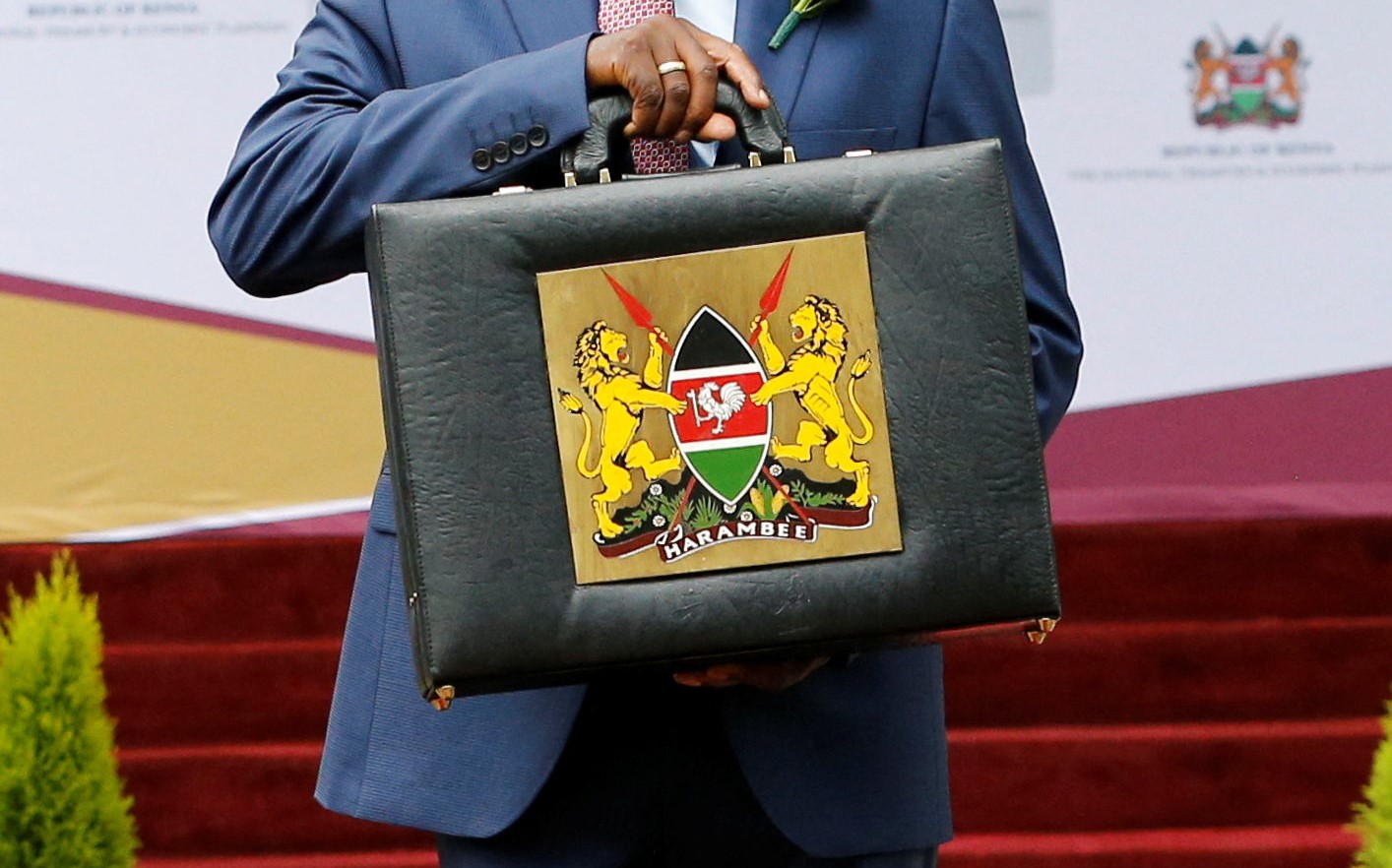"Life is tough," government admits as Kenyans face economic hardship
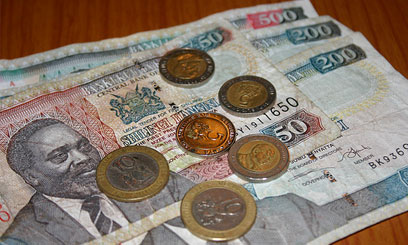
By Patel Okumu |
The Kenya shilling crumpled in Fawzia Ali’s hand, its limp weight mirroring the sinking sensation in her stomach. Rice, once a staple in her kitchen, had grown into a luxury.
The Kenya shilling crumpled in Fauzia Ali’s hand, its limp weight mirroring the sinking sensation in her stomach. Rice, once a staple in her kitchen, had grown into a luxury. Each day brought a new battle against soaring prices, gnawing away at her meagre savings and the hope of a decent meal for her family. Across the city, the echo of Fauzia’s struggle resonated in hushed whispers and frustrated sighs.
The Kenyan economy, battered by global turmoil and years of neglect, had landed ordinary citizens like her on the frontlines of a brutal cost-of-living war. On Thursday, however, a glimmer of acknowledgement broke through the clouds of despair. Cabinet Secretary Moses Kuria, standing tall before the nation, finally spoke the unspoken truth: "Life is tough. We get it."
Keep reading
- Kenya's middle-income milestone overlooked by setbacks in sustainable development
- Cabinet lauds Kenya's economic stability as inflation hits 17-year low
- Appetite for loans rises as Kenyans grapple with squeezed disposable income
- Study: Kenya’s major cities performing poorly in aiding ease of doing business
His candid admission hung heavy in the air, a stark contrast to the usual platitudes and empty promises.
Kuria didn't offer quick fixes or sugarcoated solutions. Instead, he painted a brutal picture, blaming a cocktail of global inflation and Kenya's own "historical underinvestment in key production areas." Change, he warned, would be "slow and painful," a long, winding road towards a stable future. His words were a bitter pill to many Kenyans.
For years, Kenyans have felt their plight has been ignored, their anxieties dismissed as mere statistics. Shared on a national stage, their struggles were finally validated. This wasn't just about rising prices or a weak currency. It was about the invisible wounds of hunger, the silent anxieties of parents unable to afford their children's school fees, the crushing weight of uncertainty hanging over every household.
Kuria, however, offered a flicker of hope. He spoke of President Ruto's administration working tirelessly to mitigate the crisis, implementing "meaningful changes in the medium term" instead of chasing short-term gains. It was a stark contrast to the "band-aid solutions" of previous governments, a promise of genuine reform over political theatrics. But the path ahead is treacherous.
Reader comments
Follow Us and Stay Connected!
We'd love for you to join our community and stay updated with our latest stories and updates. Follow us on our social media channels and be part of the conversation!
Let's stay connected and keep the dialogue going!

